 www.123rf.com
www.123rf.com With most using mobile gadgets, it may not be long before youngsters expect always-on connectivity as a right, the poll says. Some 28% of the 1,004 13- to 17-year-olds questioned feel ICT is key to their future career.
The poll showed that 84% of the teenagers polled own a smartphone, 78% a laptop and 51% a tablet device. The top digital devices are:
Smartphone
Television
Laptop
Games console
MP3/iPod
Digital camera
But what of the future? Maybe some of the newly emerging workforce can expect a job in IT, but that's now where production comes from. Some of the teenagers questioned will need to work with other parts of their body besides their fingers and brain. Will we have an even more highly segregated society between physical and office workers?
This is how I see the future in the first draft of a book I wrote last year called The Golden Casket. It's set in 2027 and gives the background of Tallulah McBride, whose diary entries feature at the beginning of each of the Higher Ground series. Note: The Handie is the digital device.
The secretary handed her a note. Tallulah grasped it with a shaking hand.
"I want you to gather information on these men," Badia said. "They're on the list to attend the same function as Prince Abjan. Print out everything you find."
At last. This task would interest her more than making coffee. Tallulah hurried to her desk and concentrated on her screen, fingers flashing over the keyboard, clicking on appropriate articles and saving them to file.
The outer door slid open. Tallulah glanced over. The prince strode in. Two attendants glanced around the room, nodded to Badia and withdrew.
Following the other woman's movements, Tallulah stood and bowed. Her head remained low until the swish of the door told her the prince had entered his office. She focused on her task again. The hours passed by. A deep voice inside the computer announced lunch break and she glanced over at Badia, who studied her Handie.
"You can take your break in the staff room on the lower floor if you like. Or you may prefer to wander around outside."
"The staff room sounds good," Tallulah said. "Are you--?
"Yes. I'll come along with you." Badia stood, covering her Handie with the sleeve of her dress. Swishing her hair back, she led the way to their rest room and picked up her satchel.
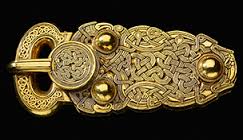
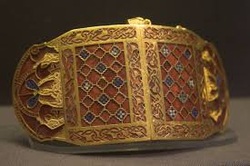
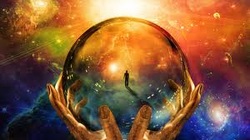
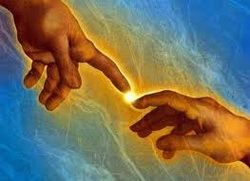
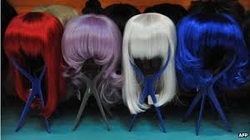
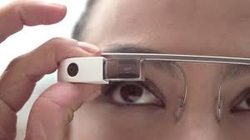

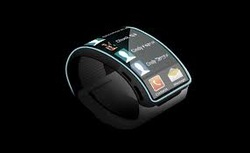
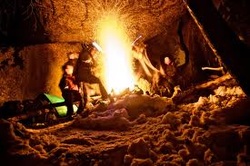
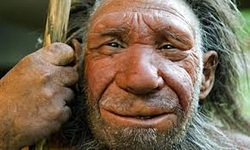
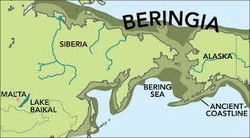
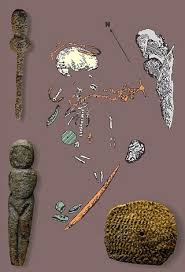
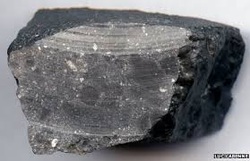

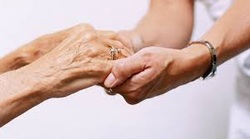
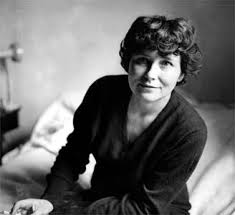
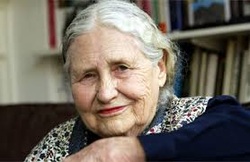
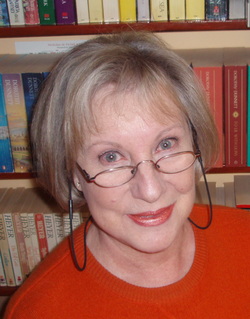

 RSS Feed
RSS Feed






